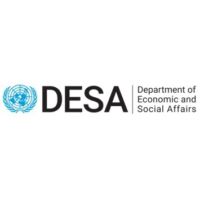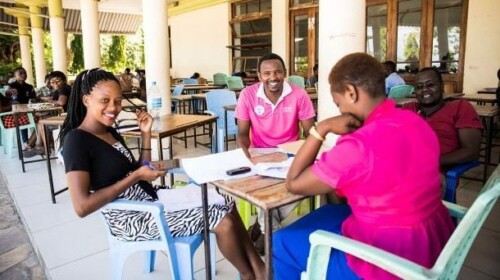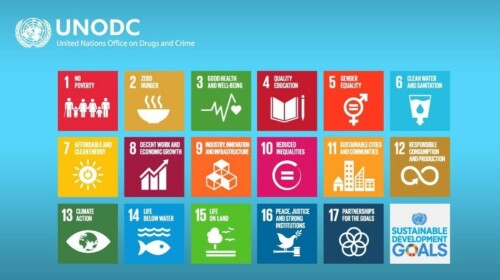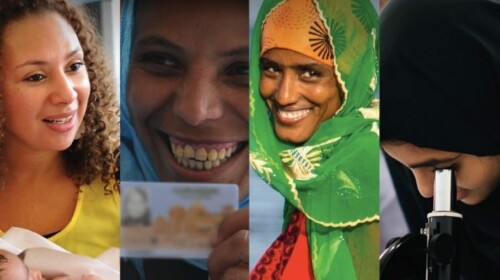The Economic and Social Commission for Asia and the Pacific (ESCAP), in partnership with the United Nations Project Office on Governance (UNPOG) of the Division for Public Institutions and Digital Government, United Nations Department of Economic and Social Affairs, initiated the project on "e-Government for Women's Empowerment" in 2014, to enhance: a) knowledge sharing and raise awareness of good practices; and b) skills and understanding of strategies and actions required to promote e-government for women's empowerment
The 2030 Agenda for Sustainable Development adopted by UN Member States in 2015 affirms that the spread of information and communication technology and global interconnectedness has great potential to accelerate human progress, to bridge the digital divide and to develop knowledge societies. Women's empowerment through E-Government can, indeed, accelerate the achievement of Goals and Targets across the 2030 Agenda. The new EGovforWomen Online Toolkit directly contributes to Sustainable Development Goals 5, 9, 10 and 16. This online platform is an innovative public resource related to the design and implementation of gender-responsive E-government institutional ecosystems in the Asia-Pacific region. The toolkit represents the first region-wide toolbox to support the gender-mainstreaming of E-Government. Through a set of 5 comprehensive modules, it provides key pointers for policymakers on gender-responsive design of e-service delivery, e-participation and connectivity initiatives, and introduces a capabilities-based approach to outcome evaluation of e-government for women's empowerment
Target Audience
Government officials and leaders in countries emerging from conflicts, experts and professionals working for developments, partners supporting the reconstruction process, civil society organization workers, the population itself, advisers, consultants.
Learning Objectives
- The conceptual framework of e-government for women's empowerment and gender equality;
- The key dimensions of gender-responsive institutional design of e-government systems.









